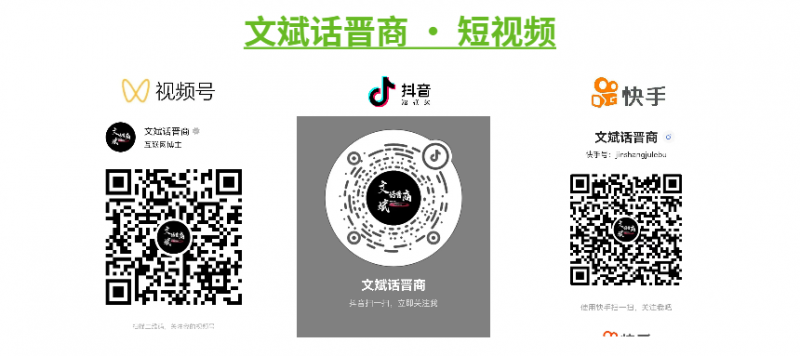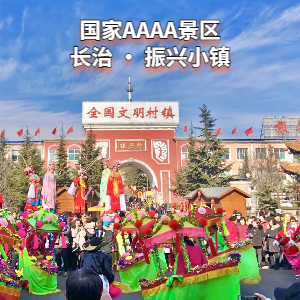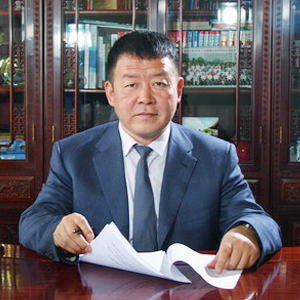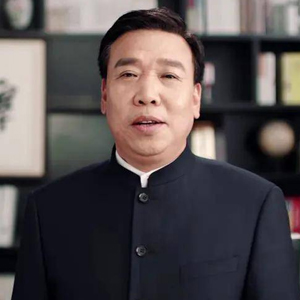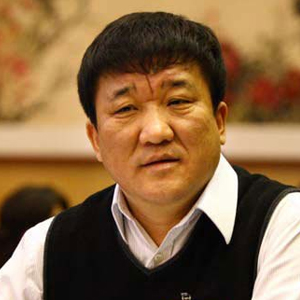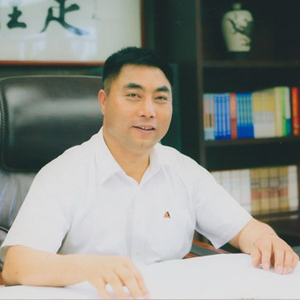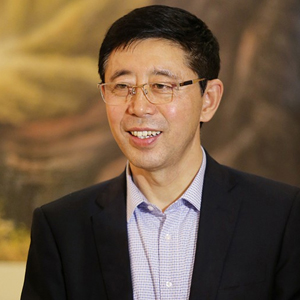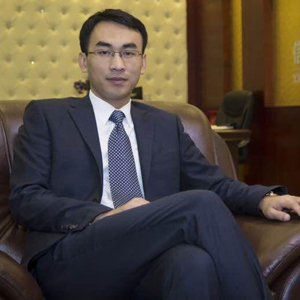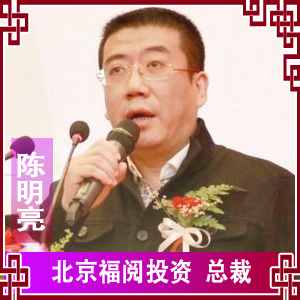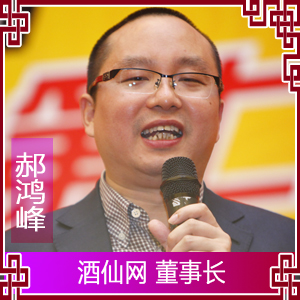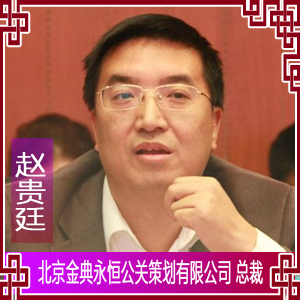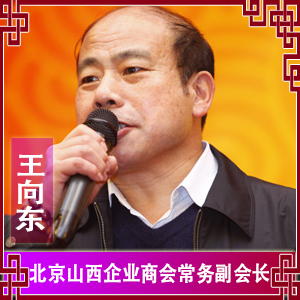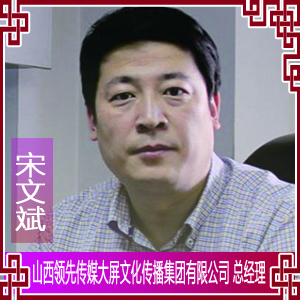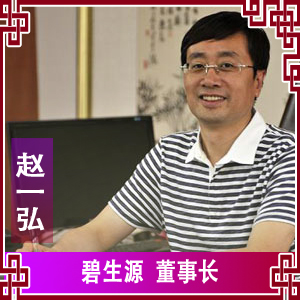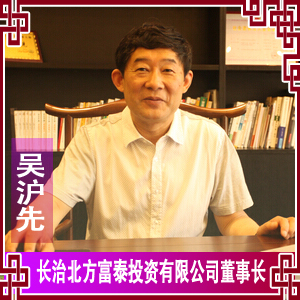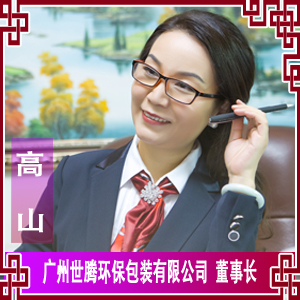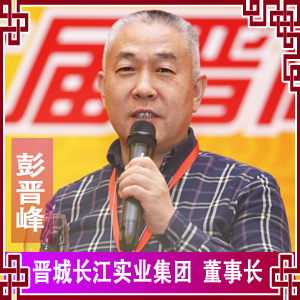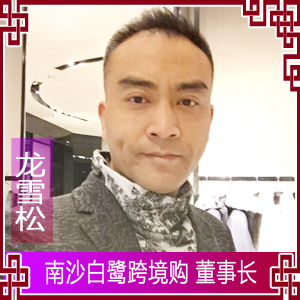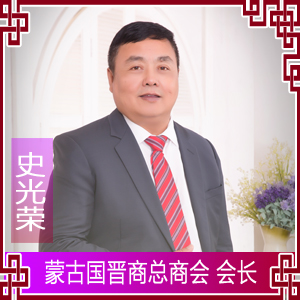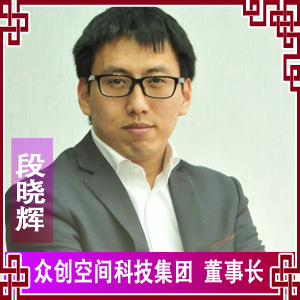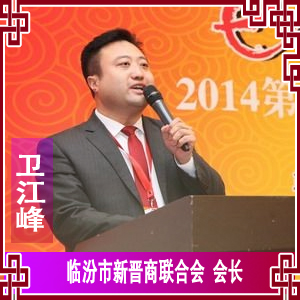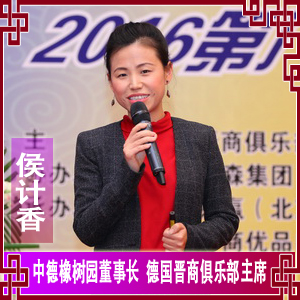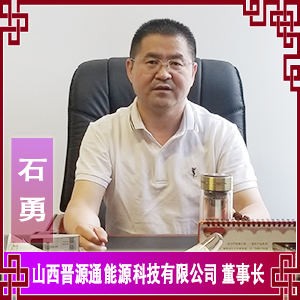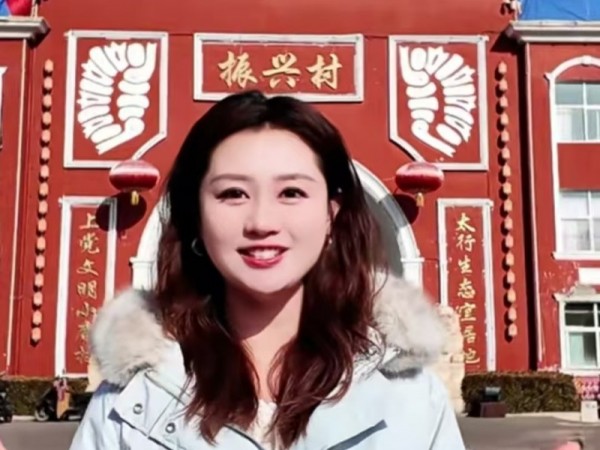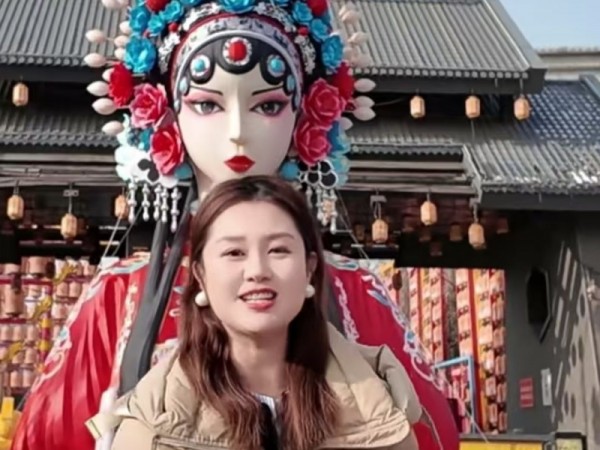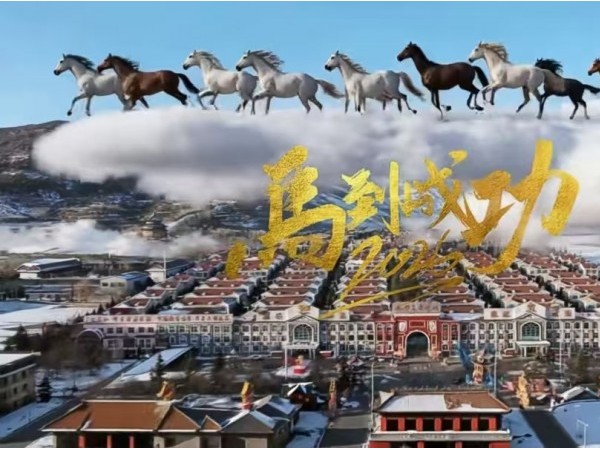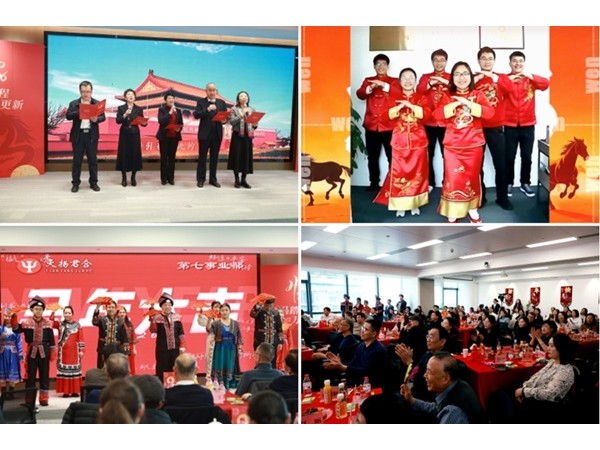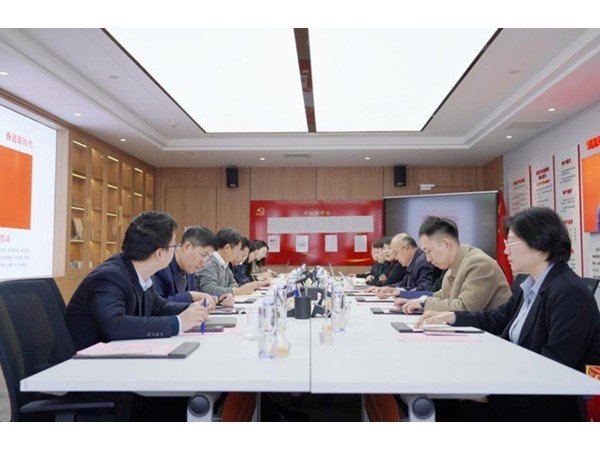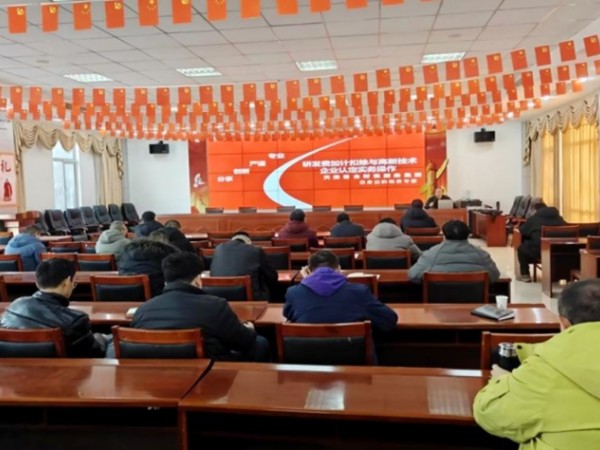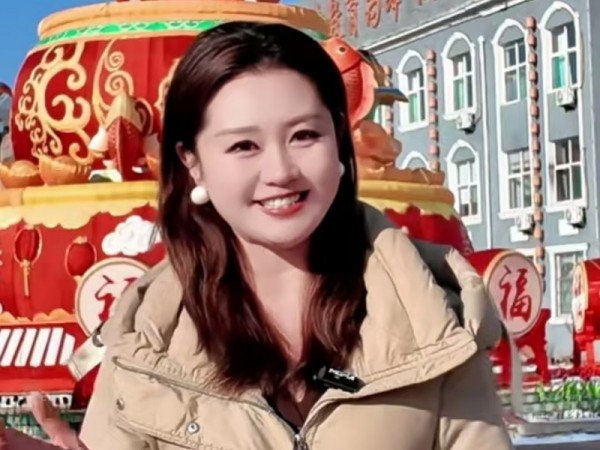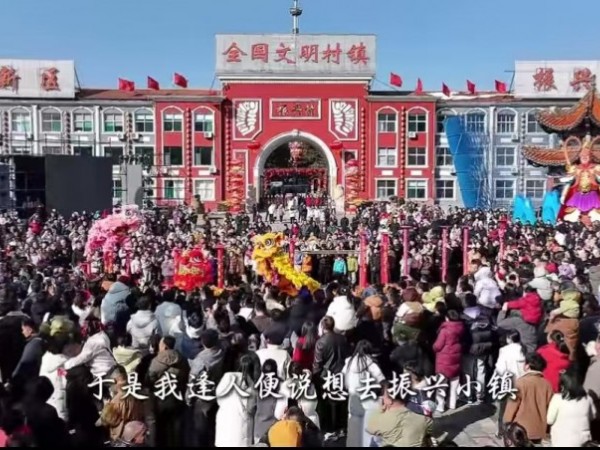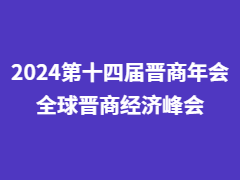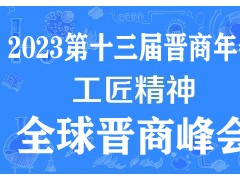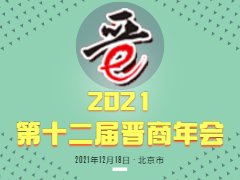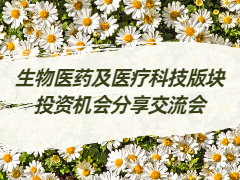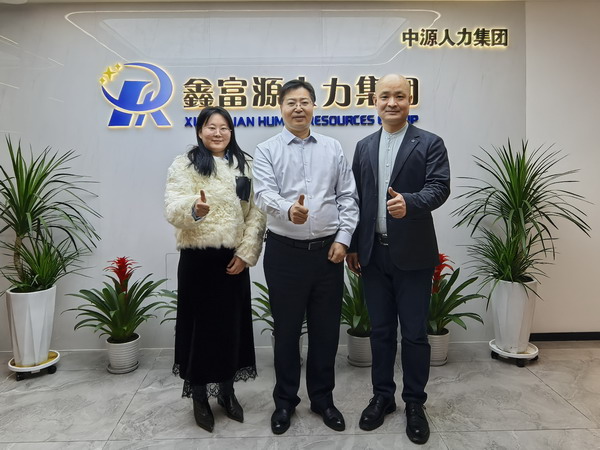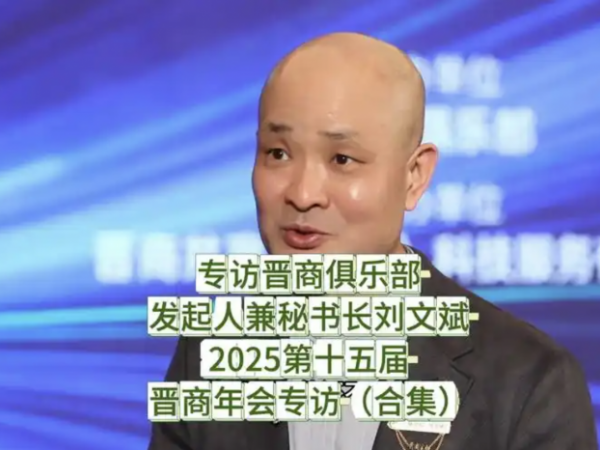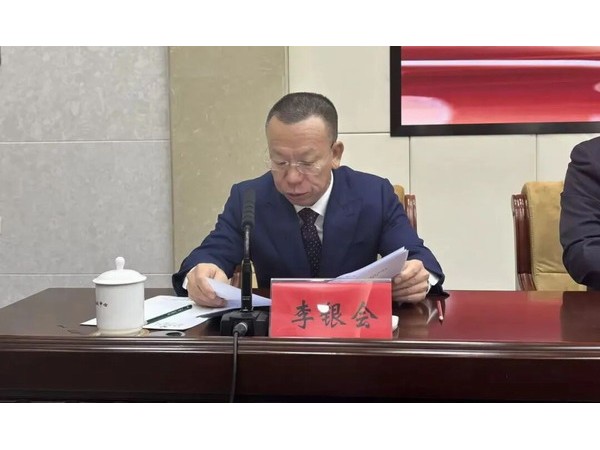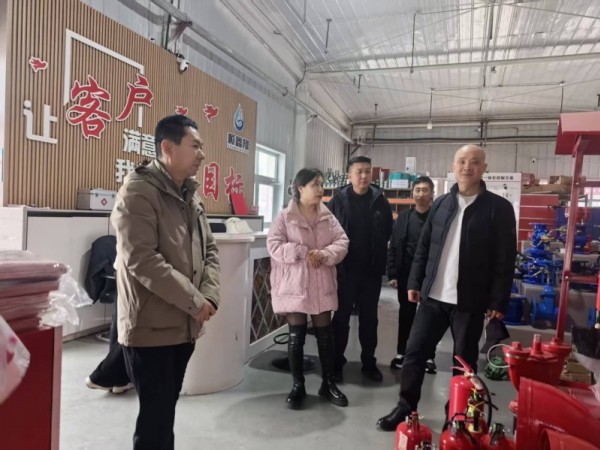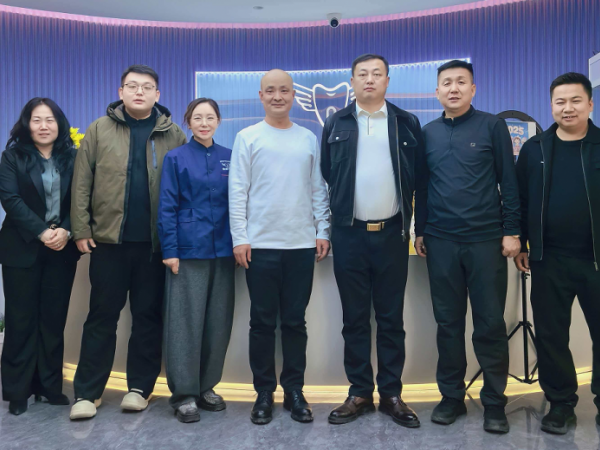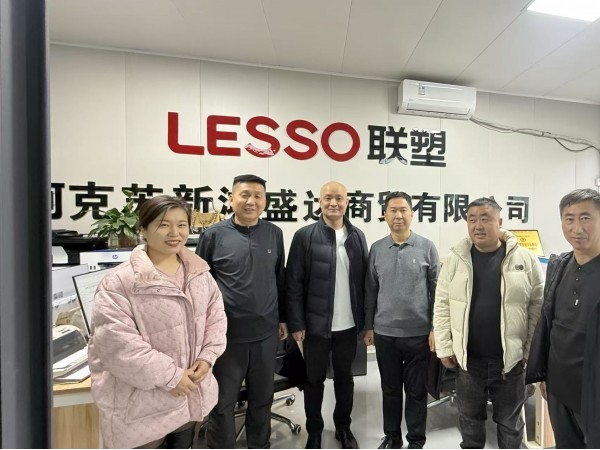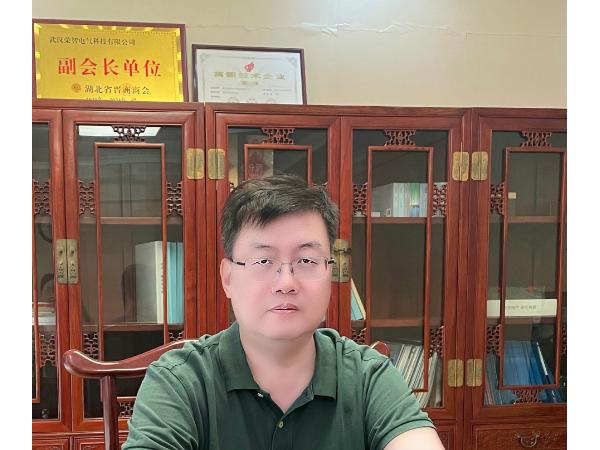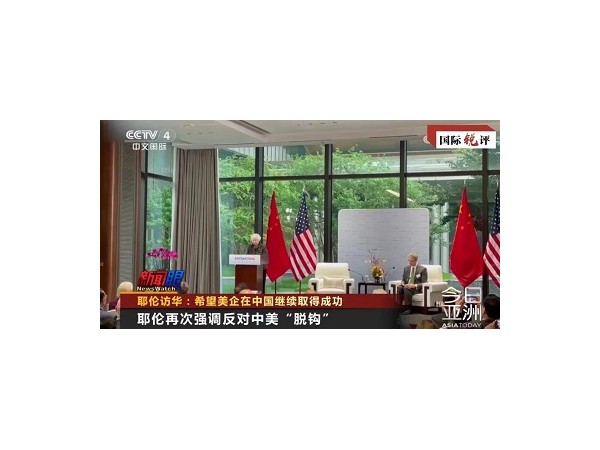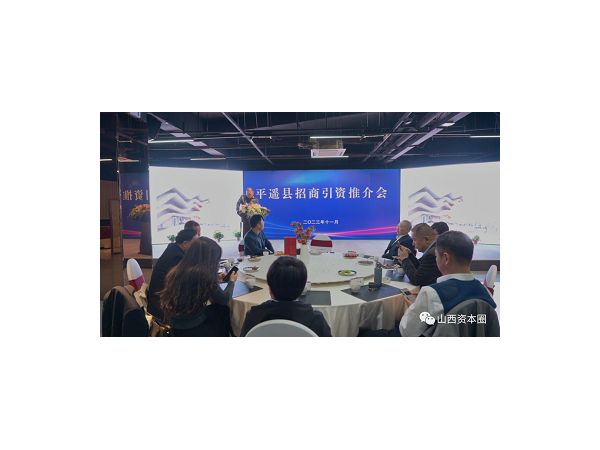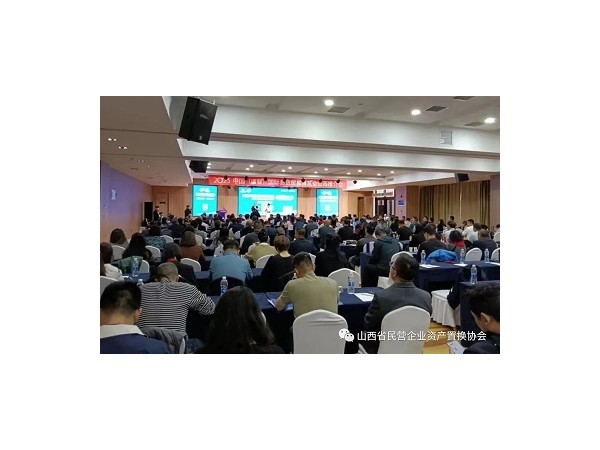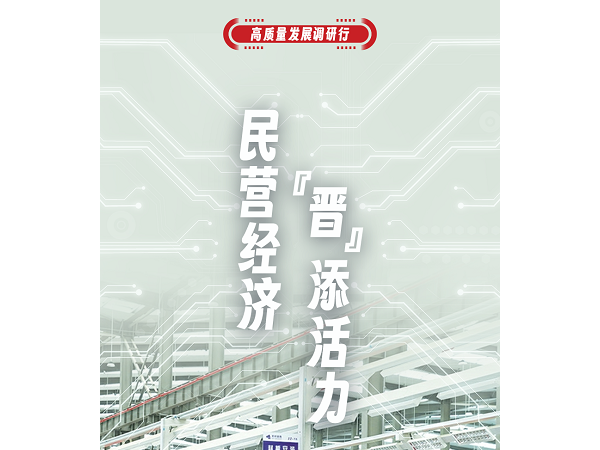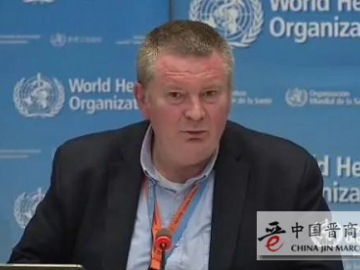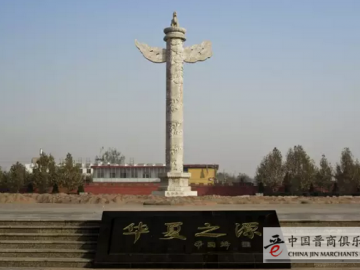近日,清华大学智能产业研究院(AIR)张亚勤院士出席香港赛马会奖学金颁授典礼暨高桌晚宴,并发表了题为《Thriving in the Age of AI》的主旨演讲。他指出,人工智能是我们所处的这个时代最具变革性的力量,并分享了他对世界进入信息智能、物理智能、生物智能相互融合创新周期的最新判断,以及对大模型、ChatGPT、DeepSeek 等最新技术与未来发展趋势的前瞻思考。
赛马会主席利子厚、副主席廖长江、香港八大高校校长及奖学金获得者出席此盛典。
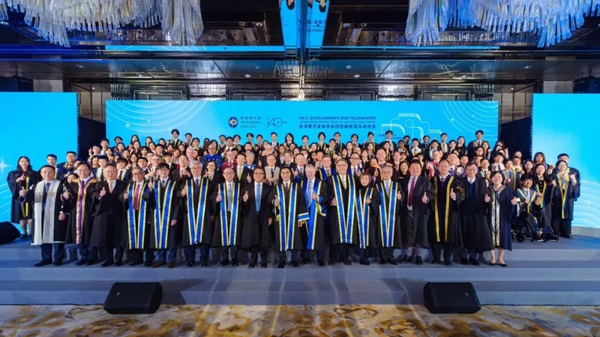
以下为张亚勤院士演讲全文:
Thriving in the Age of AI
ZHANG YA-QIN
17 March 2025
The Hong Kong Jockey Club Scholarships and Fellowship Award Presentation Ceremony
Thank you for the kind invitation to share this meaningful evening with so many inspired young people. I want commend HK Jockey club for the relentless and unwavering commitment and support to education and young students. While technology and innovation are the most competitive force for our society and economy, they ultimately lie on the caliber of the next generation young people and talent.
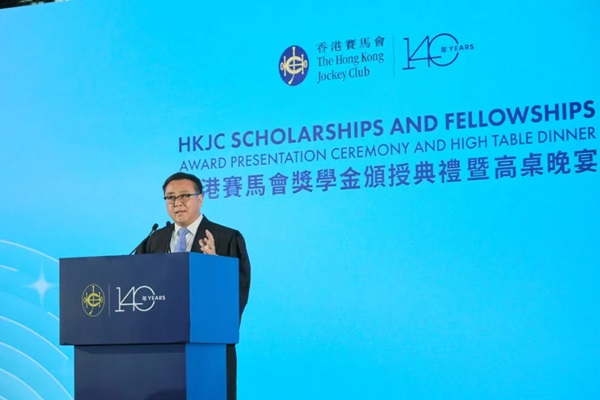
We live in an era of tremendous opportunities, and immense challenges and uncertainties. The accelerated pace of technological innovation and the transformative power of the Fourth Industrial Revolution have brought remarkable advancements in areas such as artificial intelligence (AI), quantum computing, life sciences, new materials, and renewable energy. At the same time, we have witnessed the devastating impact of a once-in-a-century pandemic, and the rising tides of anti-China sentiments, de-globalization and the complexities of geopolitical conflicts.
Tonight, I’d like to share with you some of my personal journey, new wave of AI, and some personal advice to succeed in this new wave of AI and age of uncertainty.
Last 4 decades stand out for two defining global trends: the rise of technology, particularly artificial intelligence, and the rise of China. I have been very fortunate to live in the confluence and frontier of these two mega-currents.
In 1978, following China’s reform and reopening, the national college entrance exam was reinstated. I was 12 years old when I was inducted to the gifted program at the University of Science and Technology of China (USTC). In 1986, at a time when China was opening itself to the world, I went to the United States to continue my studies and worked for two leading research laboratories. By end of 1998, with globalization surging, I returned to China at age of 32. And co-founded the Microsoft Research Asia in Beijing. This research institute became a world-class laboratory in computer science, developed several iconic research breakthroughs and technological marvel s, more importantly it cultivated a wealth of talent, becoming a cornerstone for China’s AI development and often referred to as the “Whampoa Academy” of Chinese AI. In 2014, after some 16 years at Microsoft, I joined Baidu as the President of the company, pivoting the company to new areas including cloud computing, autonomous driving, microchips, quantum computing, and artificial intelligence. In 2020, I returned to academia and established the Institute for AI Industry Research (AIR) at Tsinghua University. The mission over my career has always been: to develop foundational technologies, to make an impact in the industry, and to train the next generation of top talent to lead the AI industry forward.
Over the past four decades, I have had the privilege of working on some of the most innovative technologies, including digital video and multimedia, HDTV, personal computing, wireless networking, and cloud computing. But nothing is more exciting and more disruptive than the Artificial Intelligence (AI) in the last decade. AI is undoubtedly the most transformative force of our time, and is the technology engine for the forth industry revolution:
We see the rise of AI from perceptual, to generative, to agentic. More importantly they expand from informational to physical and to biological.
Informational AI: AI is moving from language to multi-modal and agentic. From pre-training to reasoning, from consumer applications to enterprise intelligence. It covers text, imagery, sound, and video. I just came back from a trip in Sillicon valley, visited leading AI companies such OpenAI, meta, Google, Microsoft, Amazon, and Anthropic, and it’s clear that the best of AI is yet to come and 2025 is an iconic year for informational AI.
Pysical AI:It is driving our advanced robots, autonomous vehicles, drones. It is connected to our roads and cities, our smart grid, and power plants. Examples include Unitree, FigureAI, Apollo, Optimus, and so on.
Biological AI represents AI applications in areas such as brain-computer interfaces, surgical robots, and new drug development. Advances like Neuralink in US, Brainco (in Hongzhou) demonstrate how AI can integrate into biological systems.
The new wave of the AI is the convergence of bits, atoms, and molecules, is the combination of silicon and carbon, and is the fusion of informational intelligence, physical intelligence, and biological intelligence!
The remarkable advancement of AI is also a silent example of international cooperationover many years, and China is playing increasingly important role in research, technology and productization. While the theoretical underpinnings of AI have largely originated in the West, Chinese researchers and engineers have achieved groundbreaking progress and made profound contributions, especially in the last decade. For example, the ResNet architecture—a critical milestone in deep learning—was pioneered by a group of young scientists in Beijing (Microsoft Research Asia), who received their education in China (Tsinghua, USTC, Chinese Univ. of Hongkong, and Xi’an JiaoTong Univ). Deepseek, a phoenominal engineering innovation, comes from a small start up in Hongzhou, with essentially all core team members educated in China.
As we navigate the transformative power of AI, we have to remember that the potential risks and safety. We already see the negative impact of misinformation, disinformation, deepfake, hallucination from the informational AI. Just imagine the level of potential safety of expanding AI to physical AI and biological AIs. The misuse or loss of control of artificial intelligence could result in catastrophic consequences for all of humanity. However, we have yet to develop the necessary scientific methods to regulate and ensure the safe use of advanced intelligence. Given the global nature of the risks posed by artificial intelligence, we must view AI safety as a global public good and work toward the global governance of these risks. That is why I have been very active in working with AI leaders such as Yoshua Bengio, Jeff Hilton, Stuart Russell, Max Tegmark and Andy Yao to call for more research, more investment, and better governance in frontier AI.
The era of AI also calls for a generation of new leaders with new skills and vision. For those familiar with the second law of thermodynamics, the term "entropy" refers to the measure of chaos in a system. Similarly, Claude Shannon, the founder of information theory, used this concept to quantify uncertainty. Your generation is inherently one of "highest entropy," facing unparalleled levels of innovation, complexity, and chaos. I’d like to share some of my personal reflections and thoughts for you in this new era of AI:
1) Be an adaptive learner in the world of data explosion and constant change. In today’s fast changing technology industry, most of what you learned five years ago is irrelevant. That is why most of the engineers at DeepSeek graduated in last 5 years. The most valuable skill you’ve gained is the ability to learn new things, to discern the signal from the noise, and to extract entropy from the ocean of data. One routine I find particularly helpful is to commit just 10 minutes each morning and prioritize 3 things – anything new and important to me – to learn that day.
2) Have a unique point of view and perspective. When you get into the real world, there is a natural tendency to become “polished”, to fit in, to follow existing trends, and to blend in with the rest. Just imagine AI contains all the world information and all kinds of views. The only view it does NOT have is your point of view.
I ASK you to maintain your sharpness, your edge, and your differences. When I interview people, particularly young engineers, I look for their point of view, their entropy, and their flash of ideas, which to me is far more important than being smooth, polished or “correct”.
3) Hold Ethics and humanity at the heart of what you do. Over 2000 years ago, the great Greek thinker Sock-ruh-tease put ethics as the soul for the pursuit of truth. Around the same time, the great Chinese philosopher Confucius placed “Renyi”, which essentially means humanity, as the foundation for social structure. It is no coincidence that two of the greatest minds from vastly different cultures had the same idea. This has become even more critical today as we all face more choices, confusion, and temptations. Technology is neutral, but innovators have purpose. Engineering is a tool, but engineers serve humanity.
Again, I sincerely appreciate the Hong Kong Jockey Club (HKJC) for your unwavering support of the students, the academy and its research initiatives.



